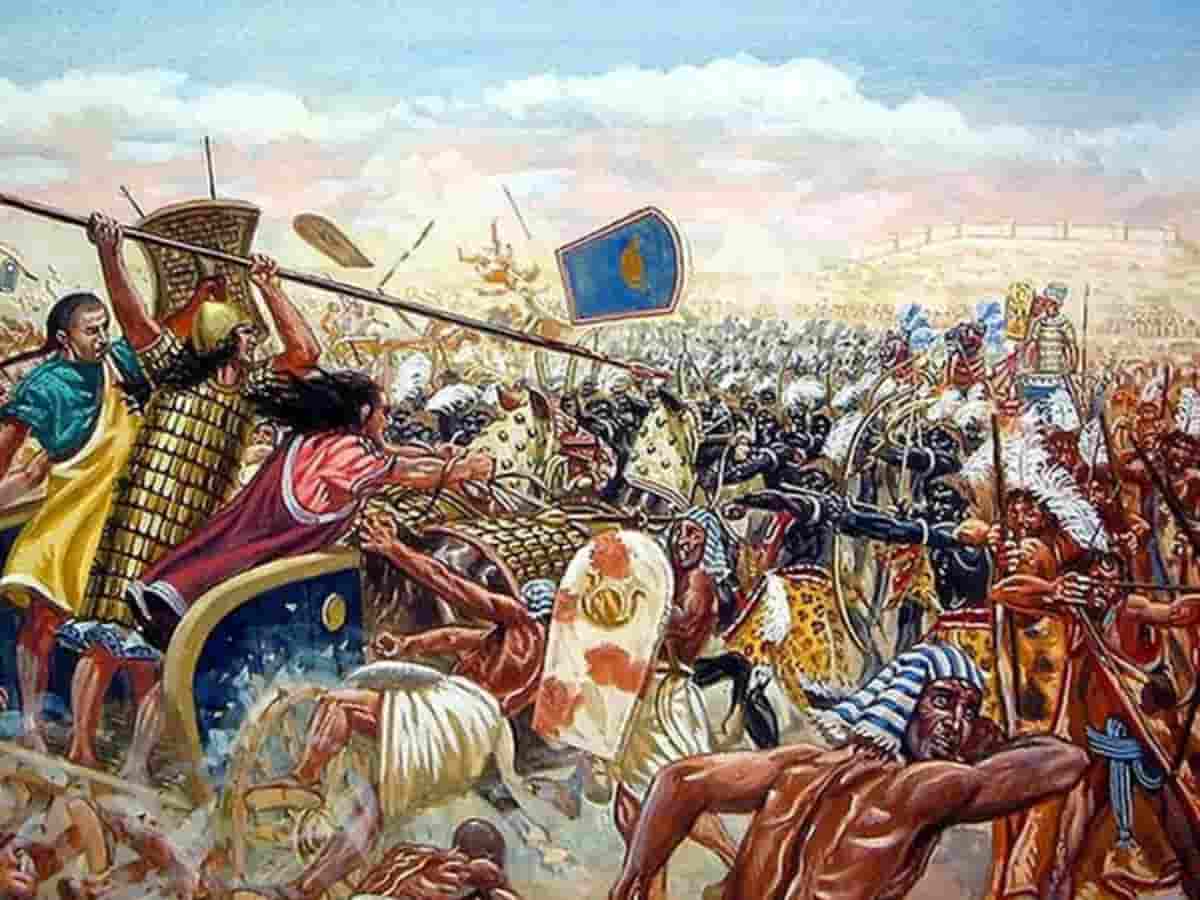The decline of ancient Egypt began in the Third Intermediate Period (c. 1069-664 BCE), as the power of the pharaohs began to wane and the country descended into political turmoil. The kingdom was divided into smaller states, and foreign powers such as the Assyrians and Persians began to exert influence over the region.
One of the most significant events in the decline of ancient Egypt was the invasion by the Sea Peoples in the 12th century BCE. The Sea Peoples were a group of seafaring raiders who attacked coastal towns and cities in the eastern Mediterranean, including Egypt. Although the Egyptians were able to repel the invasion, it weakened their power and left them vulnerable to further attacks.
As the power of the pharaohs declined, the priesthood and local rulers gained more power, and Egypt became more fragmented. The country was eventually conquered by the Persians in 525 BCE and later by Alexander the Great in 332 BCE.
The fall of ancient Egypt was a slow and gradual process, marked by political instability, foreign invasions, and internal divisions. However, the legacy of this remarkable civilization lives on, as evidenced by the many monuments and artifacts that still stand today.
Works Cited:
Manning, Joseph G. "The Collapse of Complex Societies: Insights from the Old World and the New." Cambridge University Press, 2016.








